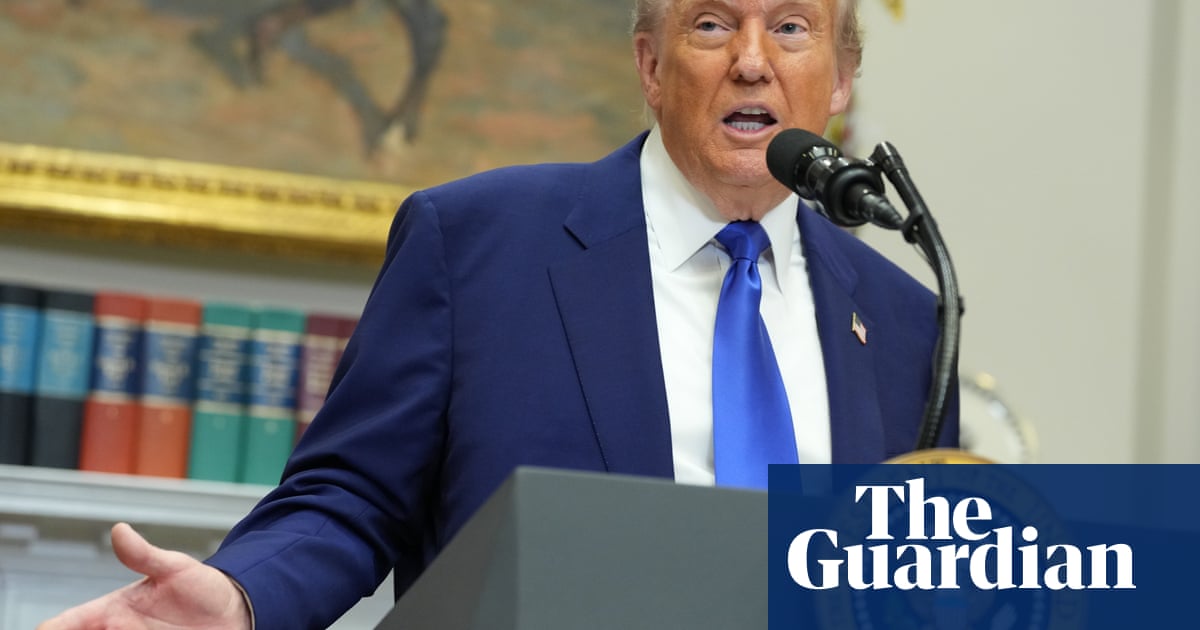Donald Trumpdeclared that China has “totally violated its agreement” against the US on trade just two weeks after the countries reached a deal, raising fears that thetrade warwill continue to rattle the global economy.
“I made a FAST DEAL withChinain order to save them from what I thought was going to be a very bad situation,” Trump wrote on Truth Social on Friday morning. “Everybody was happy! That is the good news!!! The bad news is that China, perhaps not surprisingly to some, HAS TOTALLY VIOLATED ITS AGREEMENT WITH US.”
Trump’s post follows comments from the treasury secretary, Scott Bessent, on Fox News that trade talks with China “are a bit stalled”, though he said that there will be more discussions with Chinese officials in the coming weeks. The White House has not offered any specific details on what has stalled trade talks.
US stock markets turned negative after the news. On Friday morning, the S&P was down 0.1% and Nasdaq was down 0.3%.
It’s been nearly four months since Trump first put a 10% tariff on all Chinese imports in February, the start of the trade dispute that would escalate in the spring. After raising rates to 20% in March, a full-out trade war began with Trump imposing 145% tariffs on China, and China placing 125% tariffs on American goods in response.
A truce was announced on 12 May, with Trump decreasing tariffs to 30% and China reducing US tariffs down to 10%. The White Housecalledthe deal “historic” and said it “set a path for future discussions to open market access for American exports”.
But Trump’s post on Friday points to the continued instability amid the president’s trade war, which has shaken markets around the world for weeks.
Investors appeared somewhat relieved by news late on Wednesday that a panel of judges on the US international court of tradeblockeda bulk of Trump’s broad tariffs, including country-specific import duties such as ones placed on China. But within 24 hours, a federal appeals courtpausedthe ruling, allowing Trump’s tariffs to stay in place.
Sign up toThis Week in Trumpland
A deep dive into the policies, controversies and oddities surrounding the Trump administration
after newsletter promotion
It’s unclear what impact the legal whiplash will have on Trump’s trade negotiations with foreign counterparts. The trade court had agreed withgroupsthat sued the White House and argued the president was improperly using federal trade law to implement tariffs, and that Trump should be required to get Congress’s approval for his broader tariffs.
